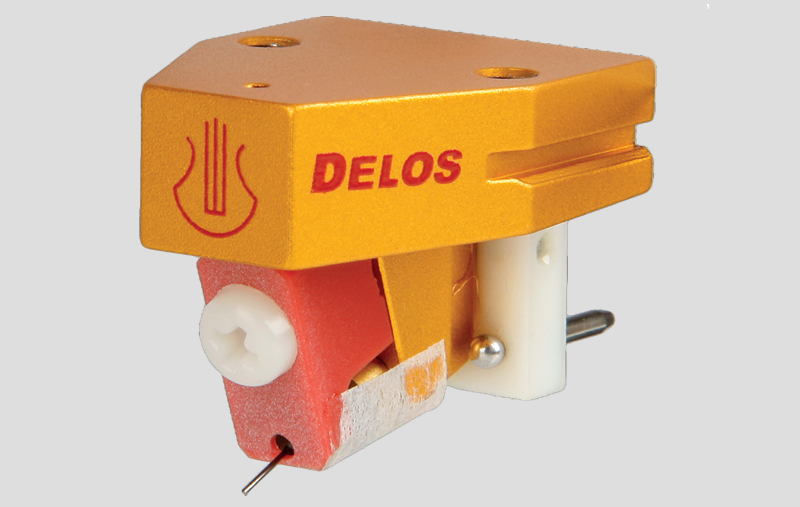LYRA
Lyra Delos
Hi Fi News 05 May 2013 Full Review
Lyra’s new entry-level moving-coil cartridge costs as much as many manufacturers’ range-toppers, so does it justify its price?

Vinyl giveth and vinyl taketh away. On one hand, you have the last physical music carrier that represents the signal in analogue form (unlike CD). On the other, you have a precision mechanical engineering challenge that would seem almost impossible to overcome. Cartridges have to ride the groove in an accurate yet compliant way – in effect measuring it, while at the same time not imposing their own physical presence.
To this end, Lyra designer Jonathan Carr has devoted a large part of his life to developing a range of moving-coil pick-ups, and they’re expertly built by Akiko Ishiyama and Yoshinori Mishima in Japan where the company is based. The Delos is the latest in a long line, and costs a whisker under £1000. Being the baby of the range, it’s designed to be tonearm and phono-stage friendly: of medium weight and compliance it pushes out a claimed output of 0.6mV at 5cm/sec [see Lab Report]. Recommended load into a phono stage is from 98ohm to 806ohm (Lyra says the ?nal value should be determined by listening) – step-up transformer users should expect a 5 to 15ohm load; the transformer’s output must be connected to a 10kohm to 47kohm MM-level RIAA input, says Lyra.
The cartridge body is in Carr’s preferred skeletal style – encasing a startlingly sensitive mechanical measuring instrument in a resonant metal body never seemed like a good idea to him – and is machined rom a solid 6063 aluminium billet, which is partially non- parallel in its shape, in order to help minimise resonances. High purity (6N) copper signal coils are ?tted, with square-shaped high- purity iron formers. A solid boron cantilever is mounted directly into the cartridge body via a novel asymmetric single- point suspension system [see boxout], and a Japanese-sourced Namiki microridge line-contact nude diamond stylus is used.